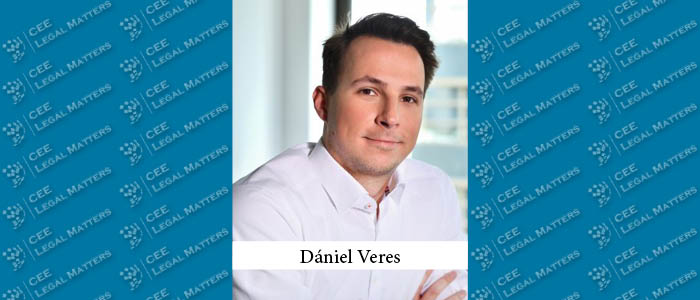As in every year, the Hungarian tax administration has published its yearly summary with the most important trends and numbers regarding taxation in Hungary during 2023. In the last year it seemed that, while the tax authority was still increasing its efforts to entice the taxpayers’ voluntary compliance, fines have also soared to unprecedented heights. The statistics also show that it remains worthwhile to take the case to the courts if one finds the National Tax and Customs Administration’s decisions unlawful.
Less Tax Audits, Yet Higher Tax Revenue
In 2023, the tax authority conducted approximately 150,000 tax audits, slightly less than in 2022. Over 90% of these audits were some form of compliance check, while only 8,700 tax audits were full-scale tax inspections that closed the respective taxpayers’ right to amend their declarations regarding the affected tax period (down from previous year’s 11,000 such audits). This minor shift reflects a change in the tax authority’s audit strategy. The focus is no longer primarily on penalizing taxpayers for errors they made, but rather on persuading them to comply with the relevant laws through preventive checks. As part of this, the tax authority essentially asks taxpayers to pay any forgotten or incorrectly reported taxes and to correct their returns.
This change in approach seems to be effective. Although the amount of tax discrepancies identified during audits dropped from 2022’s HUF 225 billion to HUF 152 billion, the state’s total tax revenue in 2023 was significantly higher than the previous year’s. Tax revenues in 2023 exceeded the previous year’s by HUF 3,200 billion, a 15.5% increase.
No Mercy for Rule-Breakers
One striking figure from the yearbook is that in 2023, the tax authority imposed a record amount of HUF 143.9 billion in late payment interests for overdue or unpaid taxes. In 2022, this figure was just HUF 55 billion, meaning the amount of late payment interests more than doubled in one year. While this increase can partly be explained by the sharp rise in the central bank’s base interest rate from mid-2022, which naturally raised late payment interests during this period, tax policy reasons are also likely behind the more than 2.5-fold increase in these penalties.
Similarly, the NAV imposed a total of HUF 13 billion in fines in 2023 solely for failures to submit tax returns. While this number may not seem exceptionally high, it should be noted that it comprises fines of up to HUF 500,000 each. Moreover, this figure is expected to increase further, as a decree effective from August 1 2024, has doubled the previously unchanged non-compliance fines.
If One Disagrees, Its Best to Take the Case to the Court
If one gets caught by the tax administration, it can be quite daunting to know that the success rate for appeals remains very low: in the past year, the Appeals Directorate ruled in favor of taxpayers in only 11.8% of the cases. However, the chances appear to improve if the taxpayer continues the dispute in court. In 2023, district courts ruled in favor of taxpayers in 16.7% of cases, and the Hungarian High Court subsequently changed or annulled the tax authority’s decisions in 25.5% of the cases.
This means that – although taxpayers' success rate in court cases has slightly declined compared to previous years – taxpayers still receive a favorable ruling in almost 50% of the disputed cases. Moreover, involving an experienced tax litigation attorney can further increase the likelihood of a successful outcome.
Surprisingly, however, after loosing to the second instance tax authority, less than a fifth of the taxpayers takes their case to the court. This strategy is least advantageous, for one, because it results in a missed opportunity for the so-called conditional tax fine reduction. According to this incentive, if the taxpayer waives its right to appeal (and pays the tax discrepancy assessed by the first instance), they are only required to pay half of the imposed tax fine. This provision encourages taxpayers not to continue fighting the tax authority, but it can only be used before filing an appeal.
This clearly shows that taxpayers should make their critical decision before appealing—not afterward. However, if they do decide to continue challenging the tax administration’s decision, one must prepare to continue its case before the court.
Tax Registration Remains a Major Challenge
Another interesting figure from the yearbook is that more than one-third of new companies faced some form of tax registration obstacle. This high rate is quite alarming.
It’s important to be aware that the closure of a previous company, the cancellation of its tax number, or other similar issues can easily lead to the tax authority denying a tax number for one’s new company – whether one is involved as an owner or as an executive officer. Moreover, the existence of such obstacles often only becomes known much later, when no legal remedy is available anymore. Therefore, caution is advised if any such event arises.
By Dániel Veres, Advisor, Jalsovszsky


